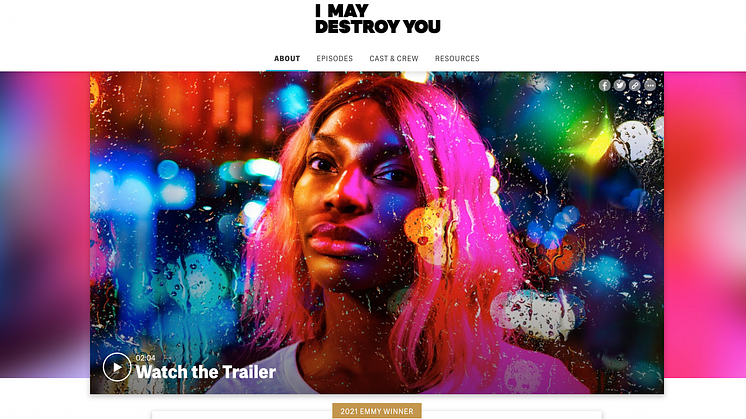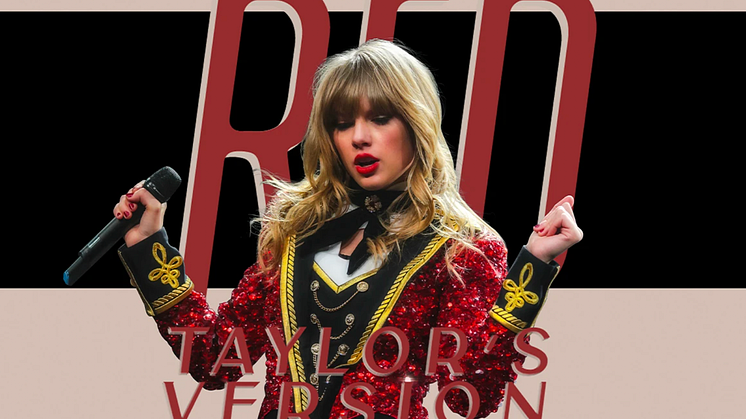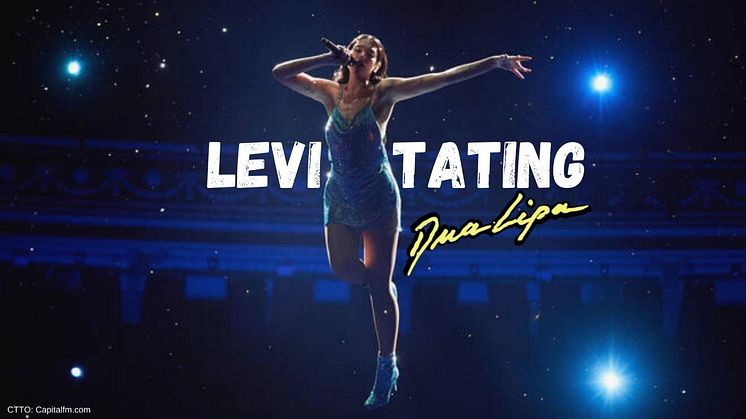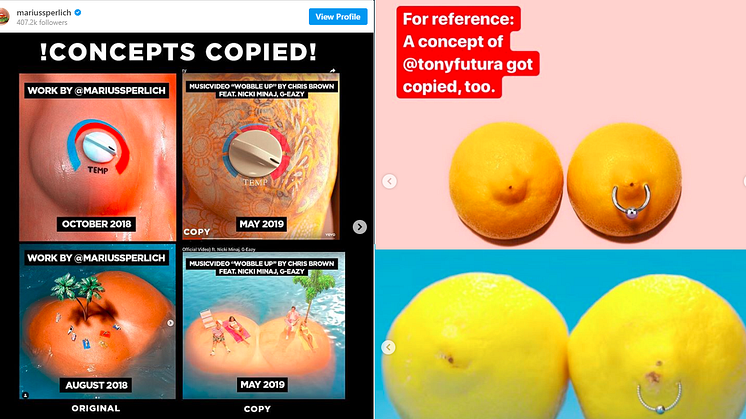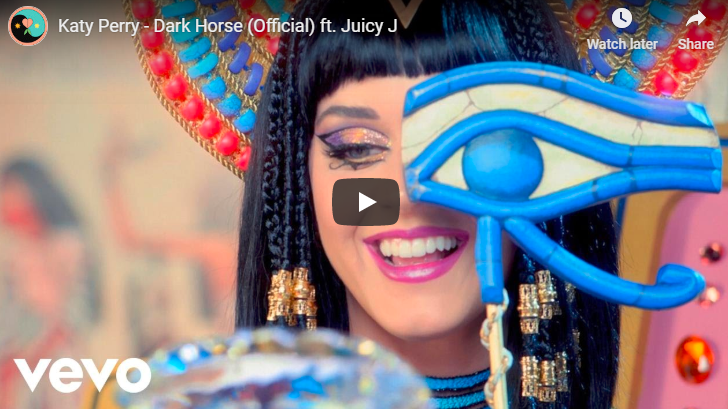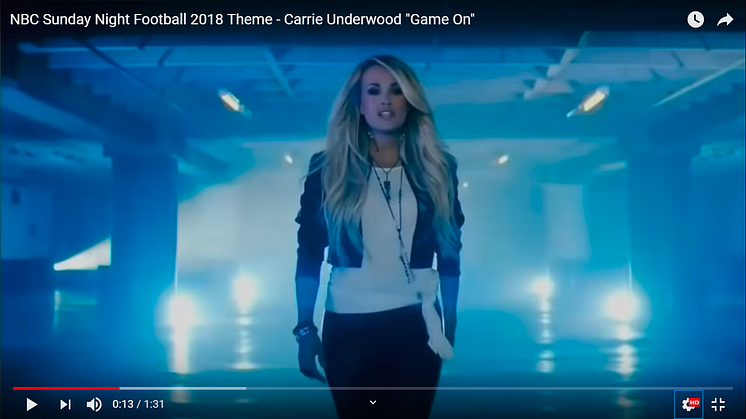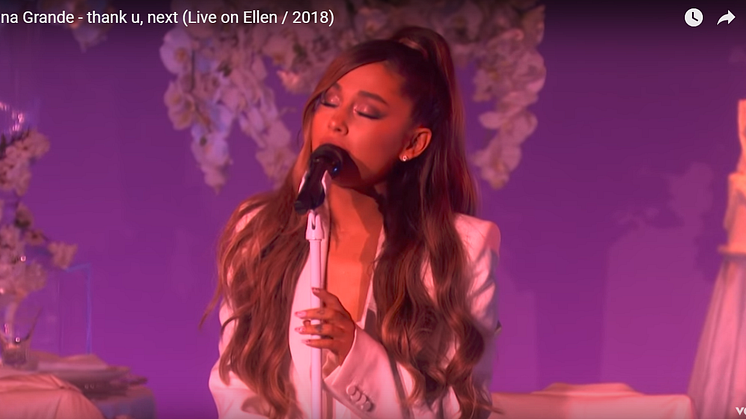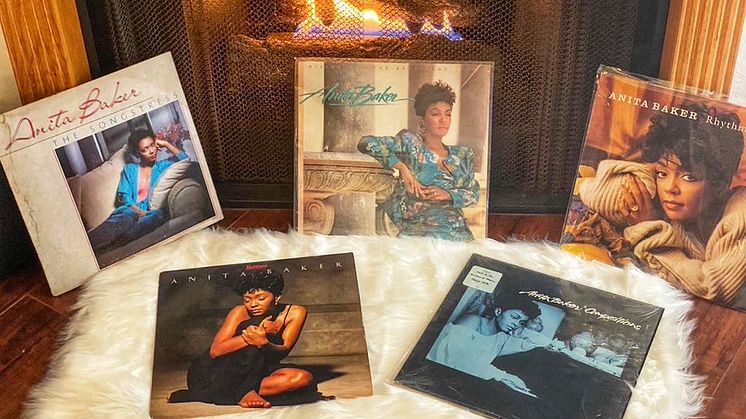
News -
The sound of victory: Music-makers fight to reclaim their IP rights
Earlier this month, soul icon Anita Baker sent out a tweet that radiated joy: “All My Children Are Coming Home.” The accompanying photo showed five of her albums, all released by Elektra Records in the 1980s and 1990s. The news she was announcing with this tweet was momentous — she was finally regaining ownership of her master recordings.
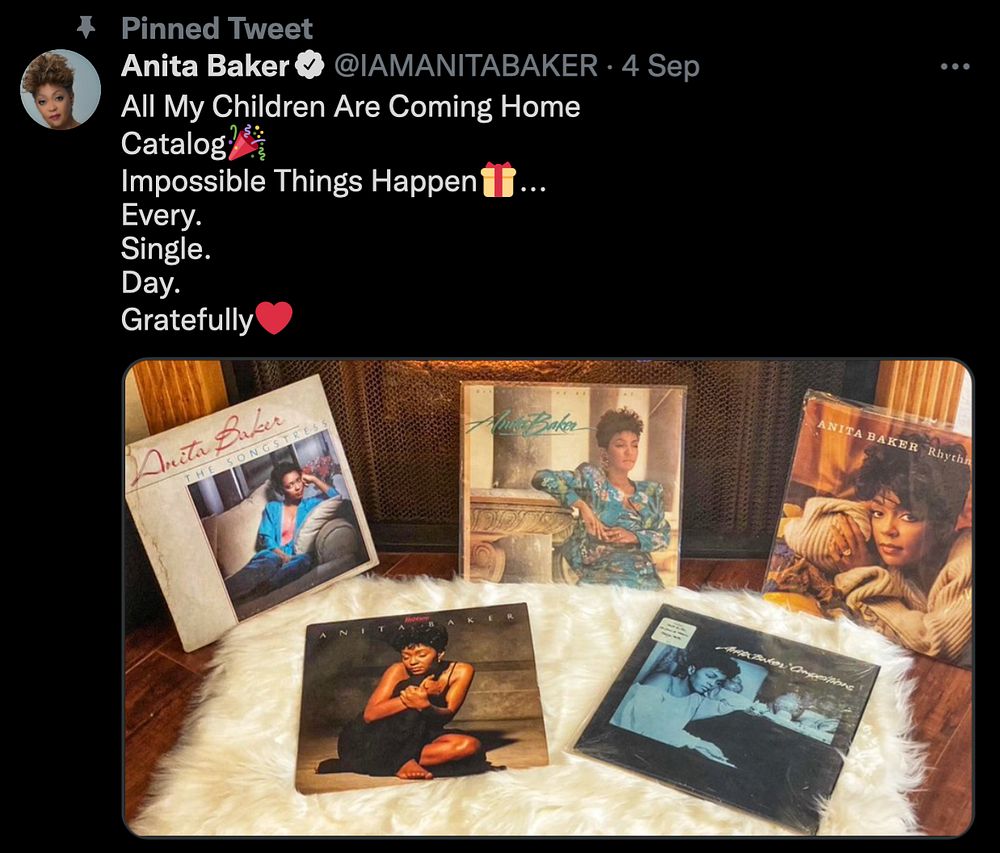
Another icon, pop star Taylor Swift, responded to the news with a tweet of her own, congratulating Baker and calling her victory “a beautiful moment”.

The backstory to this tweet exchange actually illustrates important aspects of IP ownership for music-makers.
First: what are master recordings? This term refers to the official original recording of a song, which becomes the source from which all later copies are made.
A standard contract for a new artist typically requires them to give their record label the rights to their master recordings, in return for the label’s resources and expertise in recording and distributing their music. Gaining these rights means the label is able to profit from the sale and streaming of the artist’s music, and also allows it to license this music in movies, TV shows, advertisements, and so on. That can be a very significant revenue stream, especially if the artist and his or her music become big hits.
For artists, getting the rights to these masters could mean the difference between financial stability and a precarious career. “In large part, the basis for a successful career in the music business relies on establishing predictable and stable income sources,” writes music industry observer Keith Hatschek. “One of the keys to monetising your own creativity is to maintain control of as much of your content, or IP (intellectual property), as possible, which includes retaining your master rights.”
IP protection options for artists
Hatschek goes on to list several options for artists, including negotiating more favourable contracts. In the United States, legislation is also (sort of) on their side — due to a legal provision outlined in the 1976 Copyright Revision Act, artists whose albums were released in the year 1978 and afterward can reclaim ownership of their music copyrights and master recordings from their record labels after a period of 35 years. (The ownership of a composition’s copyright, also known as publishing rights, is only relevant to artists who write their own music in addition to performing it.)
The existence of this legal provision doesn’t necessarily mean it’s smooth-sailing for the artists who set out to get their masters rights back. After all, record labels are businesses, and do not want to give up this valuable revenue stream.
Baker, for instance, tweeted in March that her former label was making her fight to regain her master recording rights, and urged her fans not to buy the albums in question until she had succeeded.
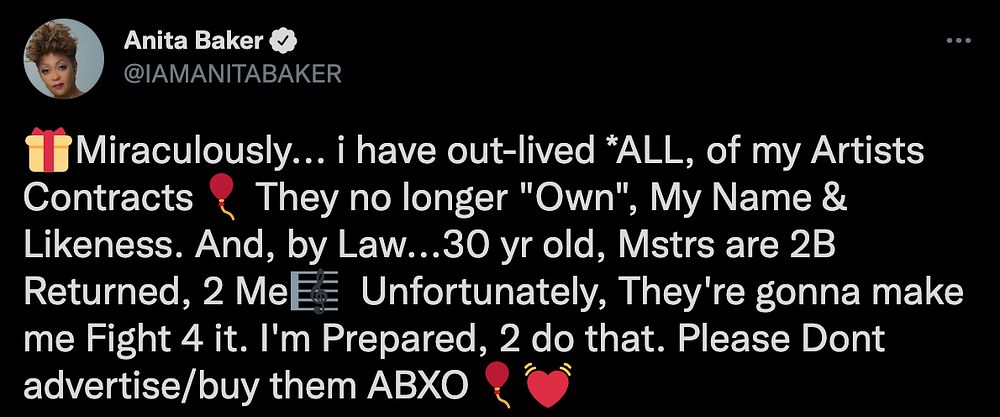
Her cheerleader Swift is also at the centre of another IP fight. In 2005, when she was 15 years old, she signed a contract with Big Machine Records that granted this label the rights to her master recordings.
Numerous chart-topping hits later, the value of her catalogue is now reportedly in the neighbourhood of US$300 million. Whether this means she cannot afford to buy back the rights to her master recordings is unclear. In any case, Swift was unable to come to terms with Big Machine Records. When she signed a contract with a new label, she negotiated a deal that gave her control of all her master rights for music made with this company. And she started to re-record her albums made under the Big Machine label, ensuring she will have the master rights to these re-recorded songs.
These two artists demonstrate that there are different strategies for regaining the rights to the recordings of their music. And while not every music-maker will turn out to be a household name, it always pays to know your rights. “If you are given a contract that requires you to give up your master rights, it’s not the end of the world,” writes musician and author Scott McCormick.“But you have to understand what you are giving up.”

